Today we shall talk about Storm a lot and yet another time a little about casting spells. We shall take Dragonstorm as a muster.
The dragons are all the difference.
“A Clash of Kings” by George Martin
Dragonstorm is a red sorcery spell. It produces an effect when it resolves. This effect prescribes its controller to search his or her library for a permanent card with subtype Dragon and put it onto the battlefield under his or her control, thereupon shuffle his or her library.
The controller of Dragonstorm will search his or her library for a card. This means that if the cunning opponent snatches control of your Dragonstorm (Commandeer can help him with that), or gets a copy of it (for instance through Twincast), then as the snatched spell or copy resolves, the opponent will search his or her library.
The found card is put onto the battlefield under the control of the player who controlled Dragonstorm as it resolved. Normally, it is the player who cast Dragonstorm or put its copy onto the stack. But there are exceptions, too. We just mentioned Commandeer; there is another way to steal your dragon: Gather Specimens.
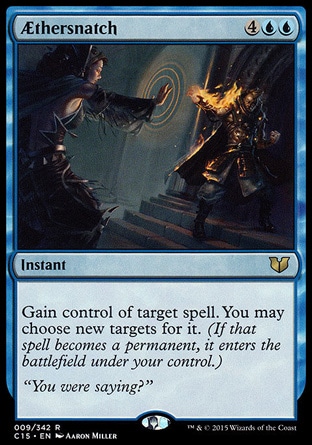
AEthersnatch changes the controller of a spell.
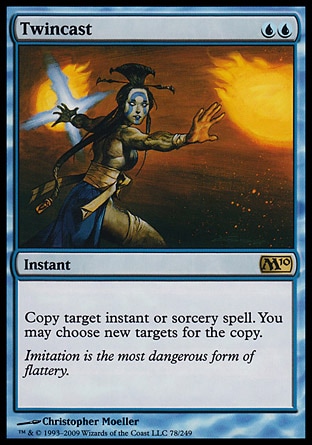
The controller of a spell copy is the player who put that copy onto the stack.
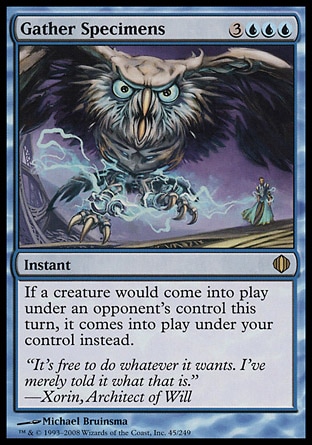
Gather Specimens blatantly steals the creature just as it enters the battlefield.
You search for a permanent card wih subtype Dragon. In theory this means you may find a card of a creature, artifact, enchantment, land or Planeswalker with subtype Dragon.
The name is not related to the creature type in any way. Neither Form of the Dragon nor Dragon Engine have the Dragon supertype, despite the promising names.
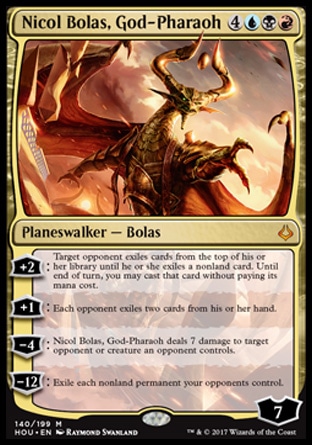
Nicol Bolas used to be a Dragon, but none of Bolases-Planeswalkers have not a Dragon type since Dragob is creature type not Planeswalker's one.
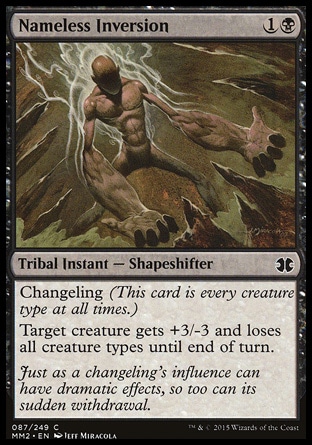
Nameless Inversion has the Dragon subtype but isn’t a permanent card, so it cannot be found when resolving Dragonstorm!
Since the card with certain characteristic is searched in a hidden zone, the player may “fail to find it” even if it is there.
If some effects limit the player in his or her search, the search is either not performed at all, or performed in a portion of the library, as prescribed by the effect. Some effects do not specifically affect searching the library, but instead prohibit putting creatures onto the battlefield from the library. In this case you may search, but you cannot really find anything.
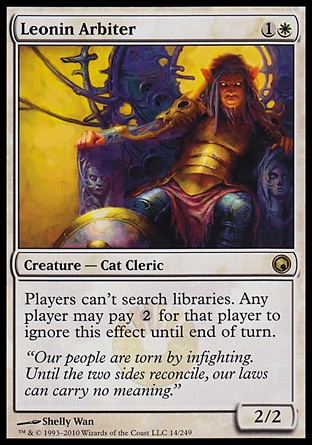
Leonin Arbiter’s effect prohibits players to search their libraries.
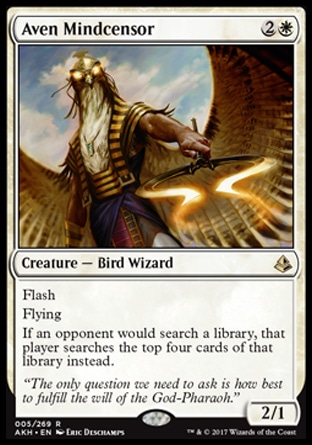
Aven Mindcensor instructs to perform the search only in the top 4 cards of the library.
While Grafdigger’s Cage’s effect is applied, the cards of dragon creatures may not be put from the library onto the battlefield.
Irregardless of whether the player has searched the cards in the deck (or its portion) and whether he or she has found any, the entire deck ought to be shuffled as Dragonstorm finishes resolving.
Now on to the most intricate part, which is
Storm
702.39. Storm
702.39a. Storm is a triggered ability that functions on the stack. “Storm” means “When you cast this spell, put a copy of it onto the stack for each other spell that was cast before it this turn. If the spell has any targets, you may choose new targets for any of the copies.”
702.39b. If a spell has multiple instances of storm, each triggers separately.
In fact, we recognize Storm as a triggered ability when we see the word “when”. This means that Storm triggers regardless of our will, as soon as the triggering event occurs.
The triggering event for Storm is casting a spell with Storm, specifically the last stage of casting, i.e. paying it. If these words leave you puzzled, or you just don’t understand what it is all about, you need to study the steps of casting spells.
You cast your Dragonstorm, i.e. put it on the stack, determine its full cost and pay it. As soon as the cost is paid, the spell is considered cast. At this point, Storm triggers. Next, SBA are checked, and the time comes for putting all triggers that went off so far onto the stack. Only after that do you (as a player who has just cast a spell) get priority. It is fairly obvious that the Storm trigger is put onto the stack above the original spell, and that it attempts to resolve first. Since the went-off trigger doesn’t depend on its source, the fate of the original spell with Storm does not affect the further existence of the trigger in any way.
If you pass priority, the cunning opponent gets the opportunity to do something quite unpleasant:
Finally, when the Storm trigger becomes the top element of the stack and each player passes in turn order, the trigger resolves and we finally get its effect. Storm’s effect puts copies of the original spell onto the stack, their number equal to the number of spells cast during the current turn before the original spell with Storm has been cast.
Storm is only concerned with the fact of a spell having been cast, not the way in which it has been cast:
Flashback ability allows casting spell cards from the graveyard.
Since a copy from Cipher is cast, it gets accounted for Storm.
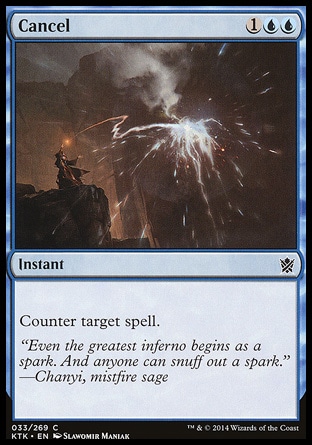
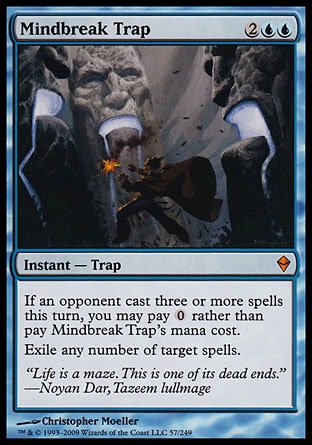
A spell may end up on the stack without having been cast. Such spells do not account for Storm. Also, Storm is indifferent to activated abilities, special actions and permanents entering the battlefield.

Replicate ability allows getting multiple copies of a spell without them being actually cast. Storm doesn’t count such copies.
Suspending a card is a special action. It is not casting!
The effect of Aether Vial’s activated ability puts a creature onto the battlefield. That creature hasn’t been cast!
Finally, copies of Storm itself aren’t cast either. The copies are simply put onto the stack. Each copy has Storm (since the text of a spell is a copiable value), but those Storms do not trigger as the copies aren’t cast. Seriously, just in case,
Copies generated by the Storm ability are not cast!
If you cast another spell with Storm after resolving a Storm trigger, the copies from the first Storm are not counted towards the second Storm.
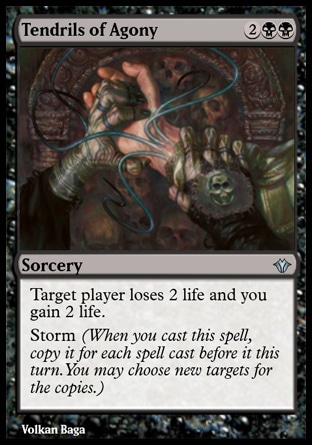
If a spell with Storm has targets, you may choose new targets for each copy of this spell.
Targets do not have to be changed, even if they become illegal by the time of resolution.
But if you do choose to change the targets, each new target must be legal.
Each copy is an independent spell. As any other spell, it may be countered, exiled from the stack or resolve.
Finally, the spell resolves only when it becomes the top element of the stack and each player passes in turn order. So, as you resolve your copies, your opponent will get priority at least once, and may take some action inbetween.
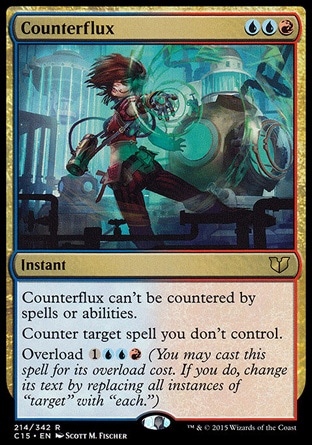
Counterflux cast by your cunning opponent at its Overload cost will counter all the spells in the stack at the moment when it resolves, i.e. all copies and the original Storm spell itself.
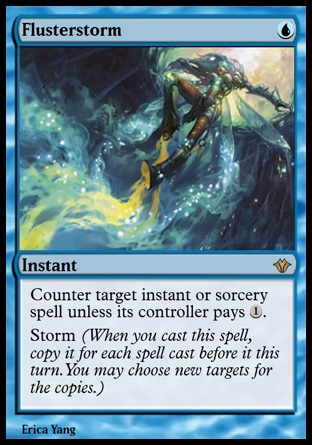
When casting Flusterstorm, the opponent gets at least one copy of Flusterstorm per copy of your Storm spell. And since he can change the targets for each copy of Flusterstorm, you will need a lot of mana to save your spells from being countered.
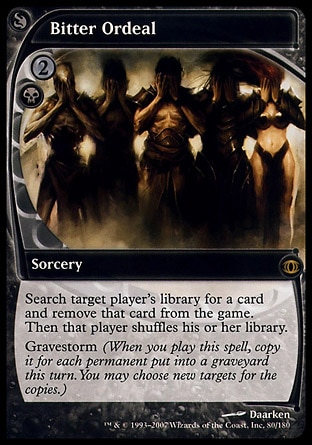
Gravestorm
There currently exists only one card with Gravestorm abiltiy — Bitter Ordeal.
Gravestorm works just as Storm, except it counts permanents that have hit the graveyard during current turn, rather than spells that have been cast. I think there shouldn’t be any questions about it, just have in mind that tokens do hit the graveyard.
Speaking of Storm, I can’t omit mentioning TES (The Epic Storm) — a popular Legacy deck working on the Storm mechanics.
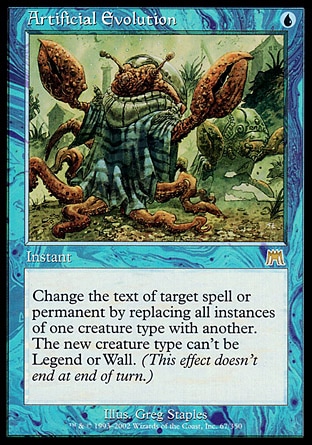
Here’s a question for rule geeks: What happens when the cunning opponent casts Artificial Evolution in response to your Dragonstorm, and chooses to change Dragon for Goat at its resolution?
Since text-changing effects do not affect copiable values, the copies of Storm will be looking for Dragons, and the original spell will be looking for a Goat.
Translated by Witas Spasovski
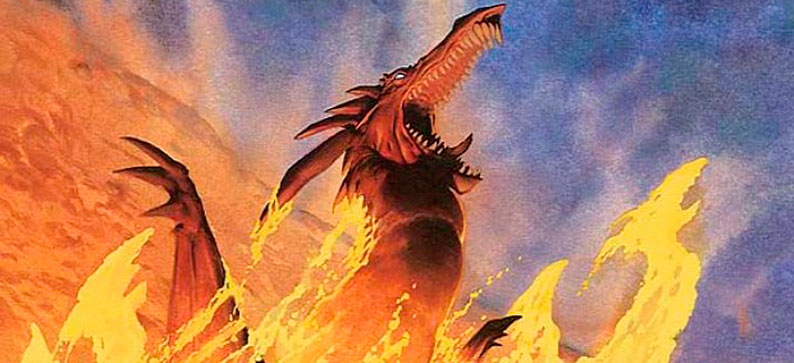
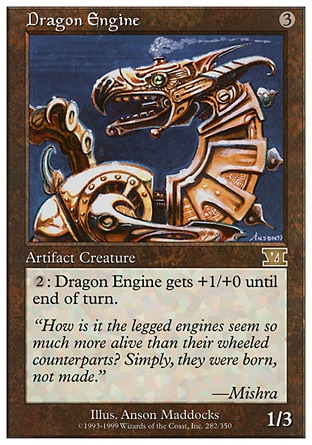
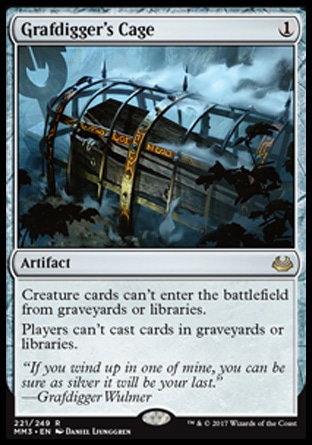
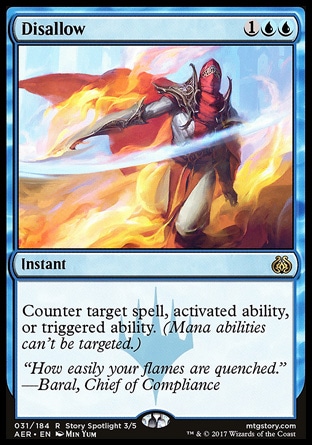
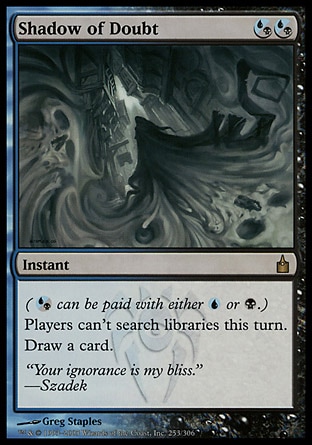
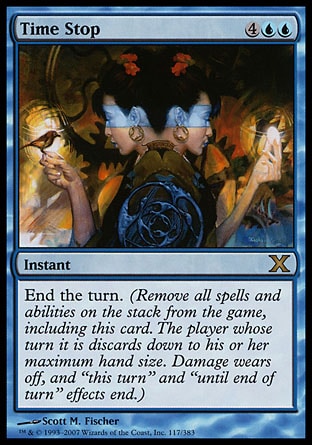
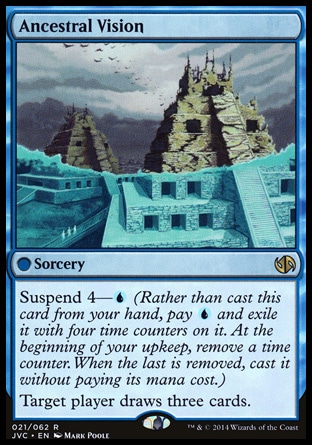
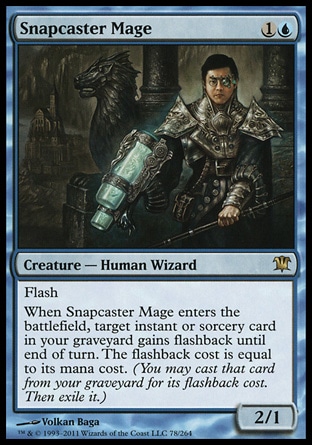
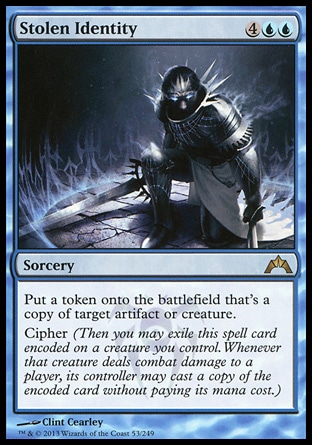
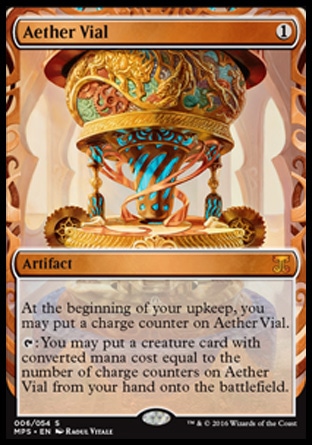
Oracle Text:
Sorcery
Search your library for a Dragon permanent card and put it onto the battlefield. Then shuffle your library.
Storm (When you cast this spell, copy it for each spell cast before it this turn.)